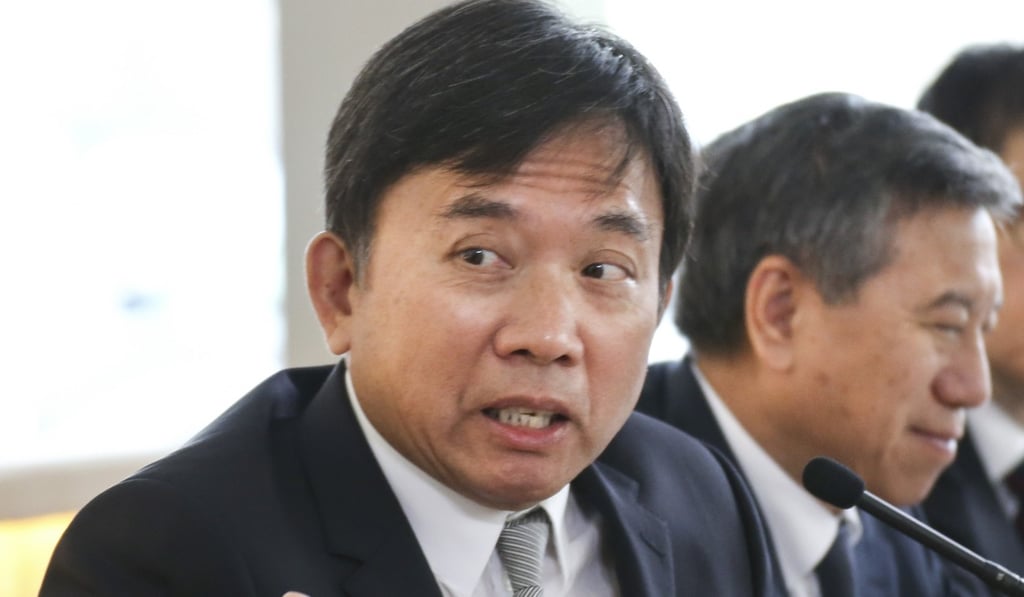Hong Kong’s biggest free-to-air broadcaster TVB to lay off 350 employees to cut costs amid protests, recession
- Group CEO Mark Lee says advertising, television broadcasting, newspapers and other media have been adversely affected by ongoing protests
- Source says TVB chairman Charles Chan is expected to step down in early January next year

In an internal statement sent to its staff on Monday, TVB group CEO Mark Lee Po-on quashed rumours the loss-making company would axe some 1,000 employees, but revealed that the figure would be 10 per cent of its workforce, excluding artists.
The broadcaster slipped into the red for the first time in a decade last year, recording a net loss of HK$199 million (US$25.5 million) compared with a profit of HK$243.6 million in 2017, due to a write-off on bond holdings issued by Chinese theatre operator SMI Holdings Group.

A source familiar with the situation said TVB chairman Charles Chan Kwok-keung was expected to step down in early January next year after the US$106 million loss arising from the investments was revealed in May.
Last year, TVB was forced to write off HK$500 million from its exposure to the default of the secured and unsecured bonds it bought earlier in the year.